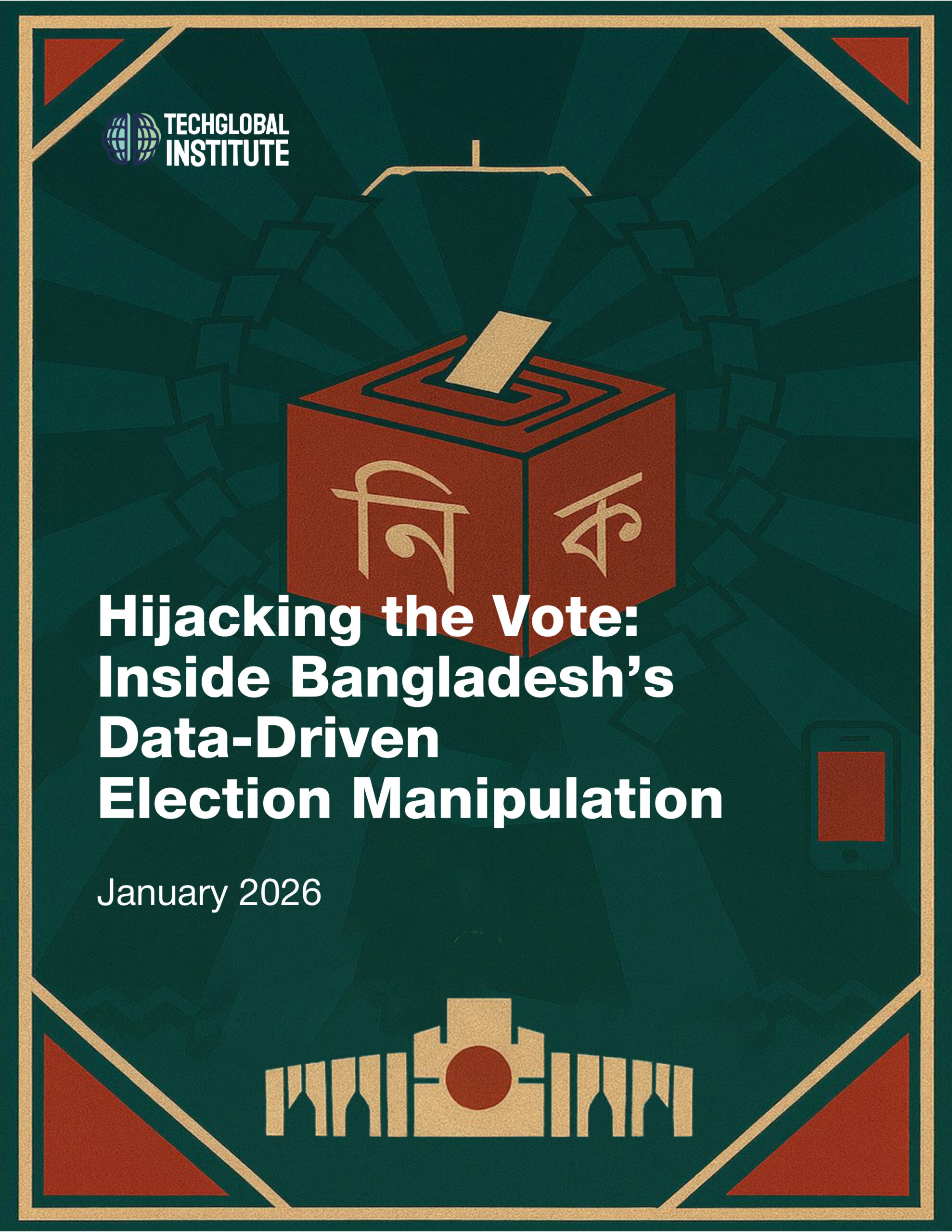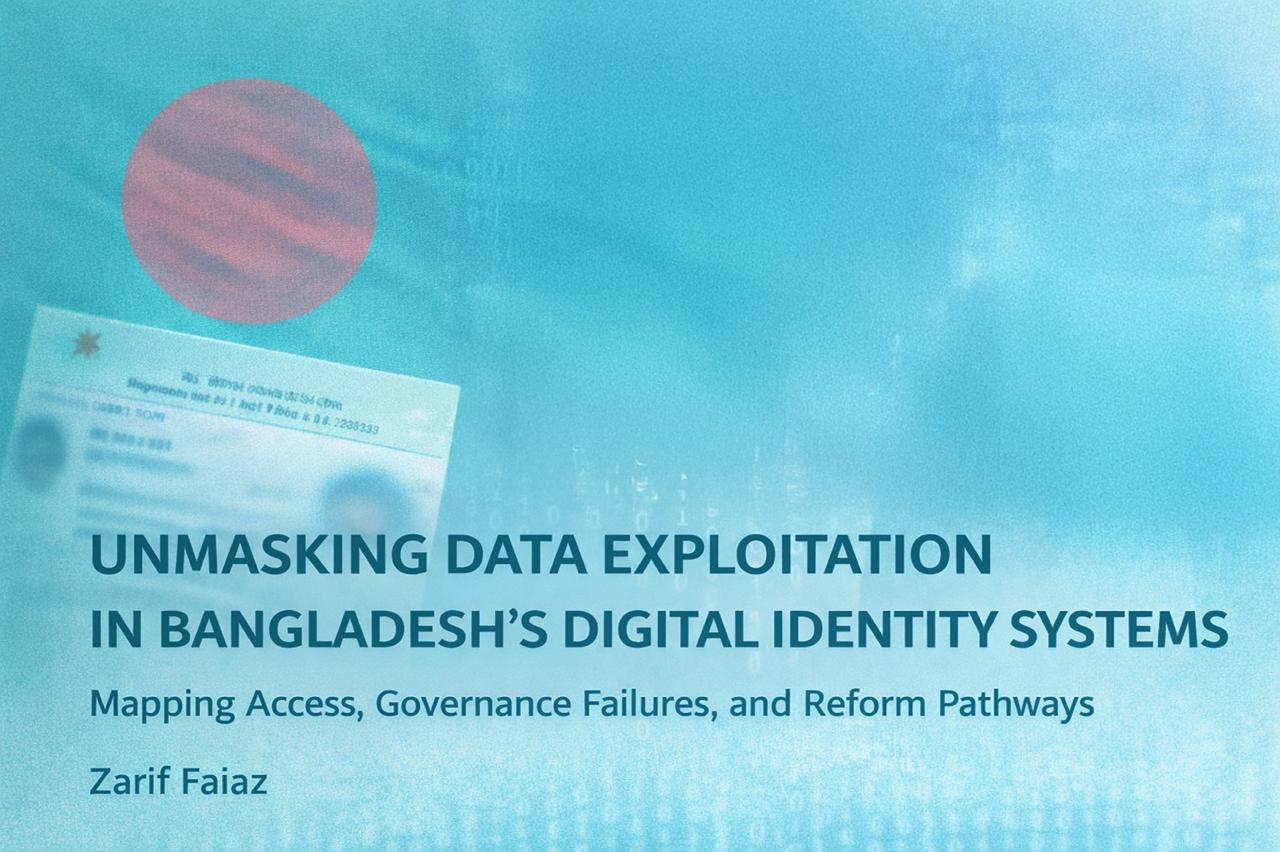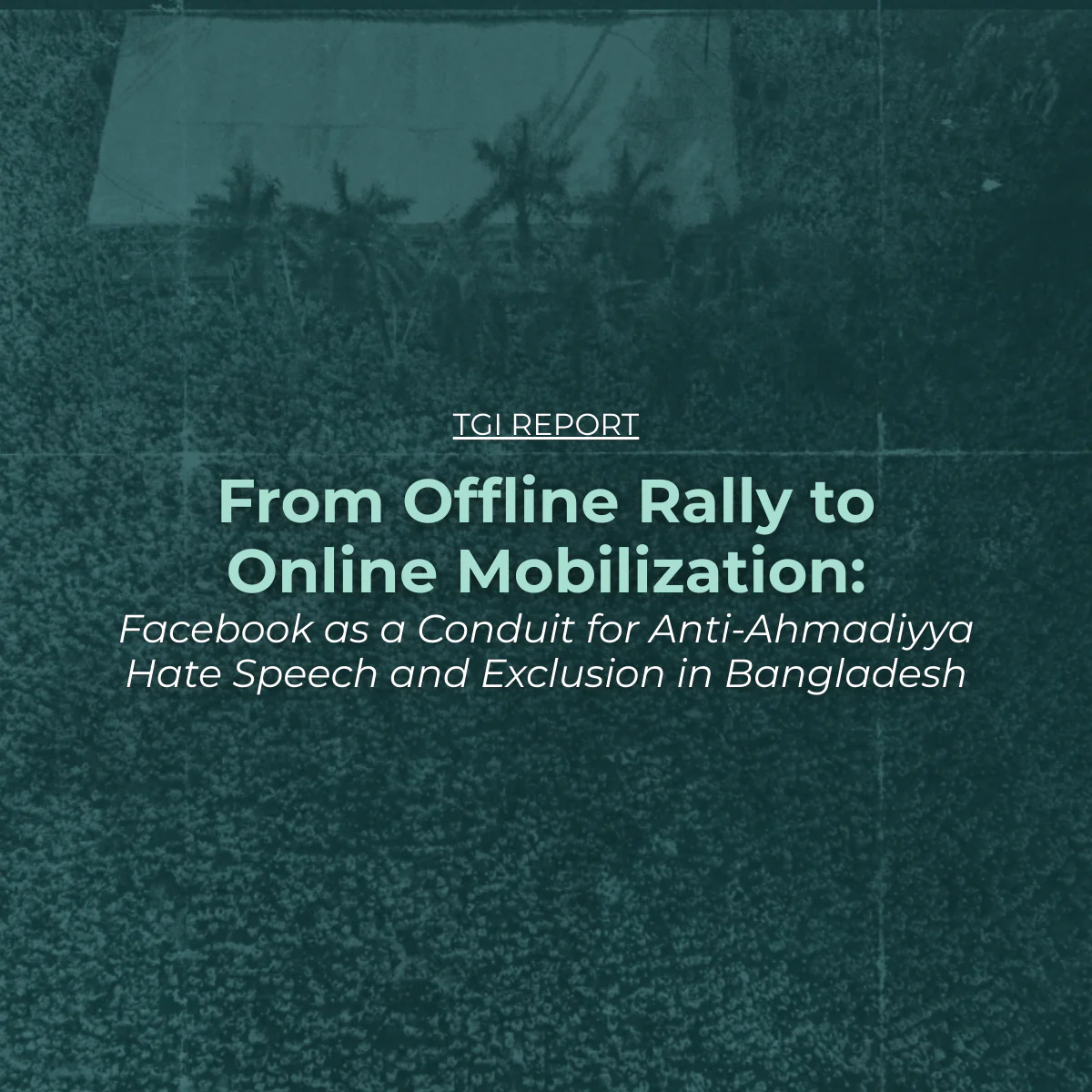WSIS+20 Virtual Stakeholder Consultation on Rev1
November 14, 2025
Delivered by: Shumaila H. Shahani, Tech Global Institute
Statement
My name is Shumaila Shahani, and I represent the Tech Global Institute, where we’re dedicated to advancing equitable technology governance. A core focus of our work is ensuring the Global South has a decisive voice in shaping our shared digital future.
We engage constructively with Revision 1, welcoming positive elements like the new task force on financial mechanisms and the establishment of the IGF as a permanent forum. However, we must express concern over the dilution and omission of critical commitments from the Zero Draft. We focus on the following priorities for strengthening the text.
First, the revision weakens the commitment to inclusion by removing specific means of implementation like capacity building and technology transfer. Most concerningly, it reduces the vision of a people-centered society by deleting the right of people “to create, access and use” technology, relegating them to passive consumers rather than active innovators. We must reinstate this language for our commitment to digital equity.
Second, the document does not adequately address the highly concentrated nature of the global digital marketplace. For a truly inclusive global digital economy, we must have explicit policy commitments that ensure a level playing field and empower small and medium-sized enterprises from developing countries. Furthermore, while new financing is welcome, it is crucial to recognize that public investment plays an indispensable role in bridging divides and building foundational digital public goods that the market alone cannot provide.
Third, we propose operationalizing commitments by integrating “fundamental rights impact assessments” to systematically evaluate risks before and during the deployment of emerging technologies, and by applying the “precautionary principle,” which guides us to exercise caution to prevent serious harm to human rights and sustainable development, even in the face of scientific uncertainty.
Fourth, we are deeply concerned by the weakening of language on surveillance. Not only has Revision 1 abandoned the overarching principles of legality, necessity, and proportionality by striking para 89, but it has also critically diluted specific protection from para 90 by deleting the explicit prohibition of “mass surveillance.” This rollback on fundamental rights protections must be reversed.
Fifth, we are also concerned about the removal of any reference to social media. Given the profound influence of these platforms on public discourse and digital participation, leaving them out overlooks one of the most transformative and contentious developments since the original Summit. This omission risks signaling reduced expectations for responsibility and accountability from these platforms.
Finally, the deletion of the call for close alignment between the WSIS process and the SDGs is a step backward. Our digital cooperation must be explicitly framed as a means to achieve the broader development goals, including by updating our approach to address the challenges and opportunities of the data and AI transition.
Addressing these areas will help ensure that the outcome is a practical and principled framework that delivers on the promise of a truly inclusive Information Society. We remain committed to working with all stakeholders to strengthen the text and support an equitable digital future for all.
Thank you.



